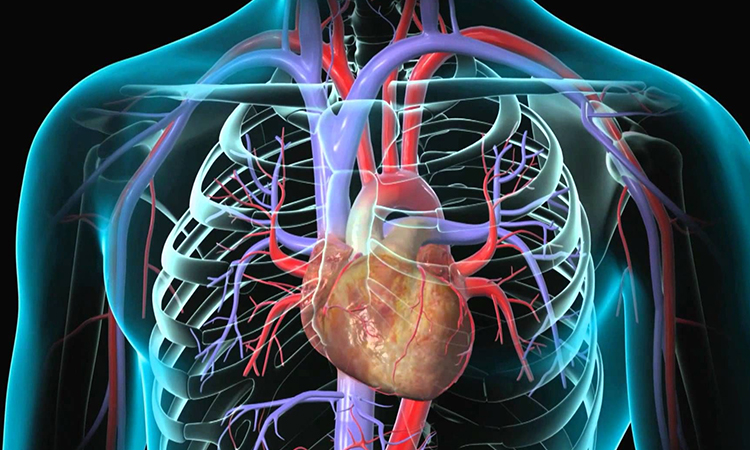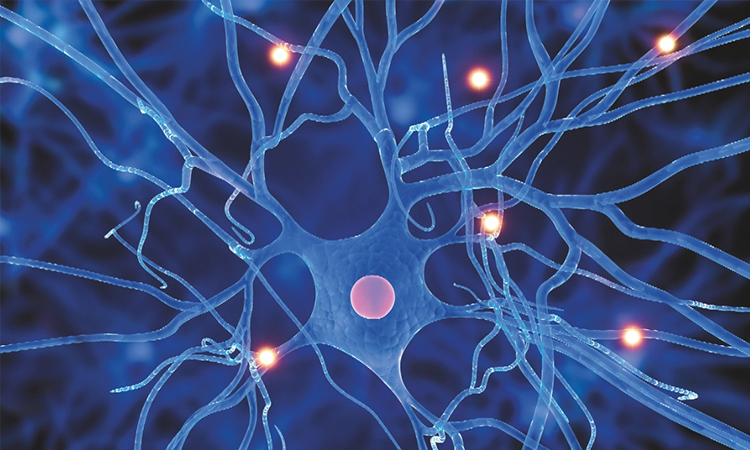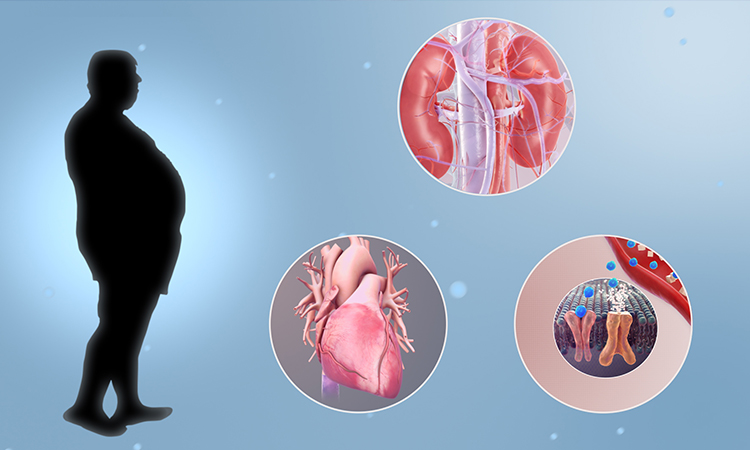Wellness

We measure the wellness index that is unique to each one of us. Our working premise is that wellness is significantly more than absence of disease. It's a state of physical, mental, emotional and sexual well being and balance. We measure it through testing for unique wellness biomarkers utilizing highly sensitive luminex technology, The wellness signature is unique to each one of us and allows for life style interventions and specific recommendations on nutraceuticals developed by Althea which helps in restoring this balance.































